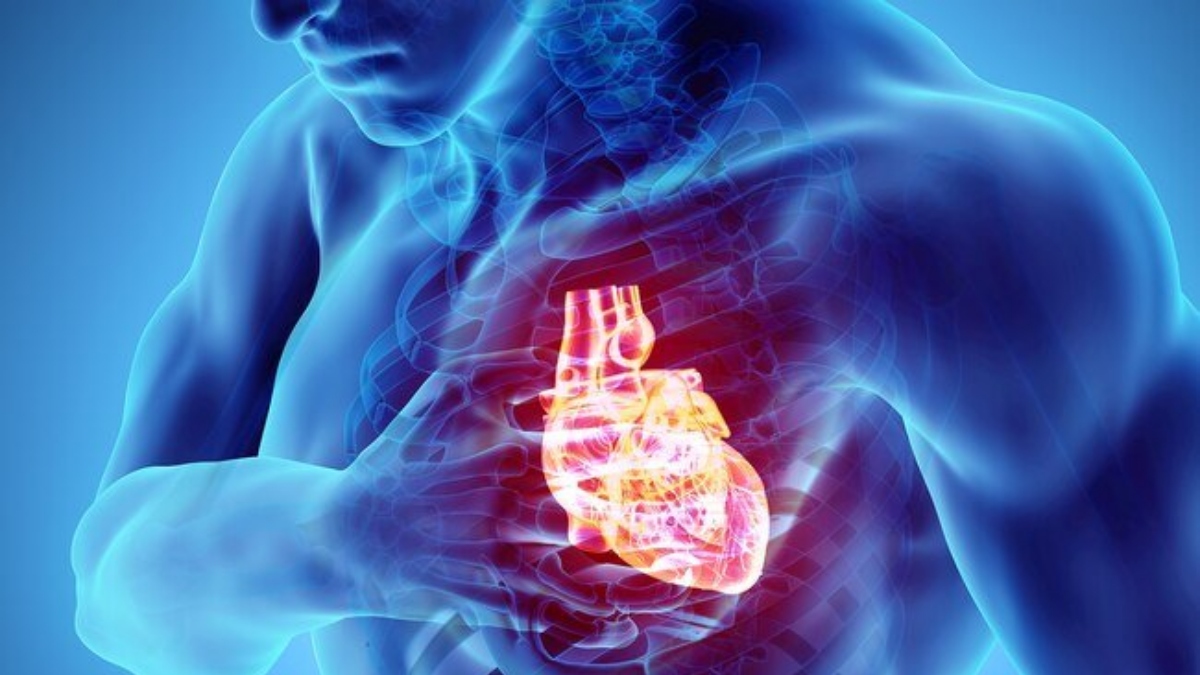


Sudden Cardiac Arrest is the most leading cause of preventable deaths in India. It can occur to any person rich or poor, anywhere, even without any pre-existing cardiac diseases. Many important dignitaries of the Nation have succumbed sudden Cardiac Arrest. The incidence is more than covid-19.
Less than 2% of the population in India are aware of CPR. Most of the victims unattended or treated by local methods of superstitions. About 4280 people per one lakh population are prone to Sudden Cardiac Arrest every year and nearly 90% succumbed to death. The Sudden Cardiac Arrest the cause for 59,064,000 preventable deaths in a year in India. And 161,819 per day, ie 6742people get Sudden Cardiac Arrest in an hour. India is a poor country with very meager per capita income and can’t afford an expensive training.
1.38 billion population in India. A sort of Indian guidelines and trainings is a must. Indian Resuscitation Guidelines will give confidence in all medical fraternity and among people, will save life’s, bring unity among organization. They need training in the local languages.
Indian Society of Anaesthesiologists has convened a meeting on 16th April 2017 at Hyderabad inviting many people involved in CPR in India. Indian Society of Anaesthesiologists, Indian society to study pain, Research society of Anaesthesiology and clinical pharmacology, Indian association of Cardiothoracic Anaesthesiologists, Indian Medical Association, Dr. NTR University of Heath Sciences, Indian Society of Critical Care Medicine, Association of Obstetric Anesthesia, UP Rural Institute of Medical University, Indian Association of Pediatric anesthesia , GVK EMRI, 108, Indian society of perinatology and reproductive biology, Indian College of Anaesthesiologists, and some members of Emergency medicine from different cities. It is resolved that India should have its own guidelines of resuscitation, as we do not have proper emergency medical system, equipped Ambulances, AEDs. We have different cultures, languages, customs, religions, inaccessible areas and superstitions. We studied the available literature available on similar circumstances around the world, less effluent countries and brought out the guidelines, and published in a PubMed Indexed journal after peer reviewing. Thus, a MAKE IN INDIA guidelines prepared to serve Indians.
The motto of Indian Resuscitation council is to make Every Citizen a Lifesaver
Train your neighbors and save yourself
Your two hands can save lives
We postulated the technic of Compression only Life Support (COLS) where a layperson can perform Cardiopulmonary resuscitation with his two hands outside the hospital and even useful for the Army personal.
We have many challenges ahead, to make Every Citizen A LifeSaver
13 million school children every year need to training Basic cardiopulmonary life support (BCLS)
83,000 medical students need mandatory certificate in Basic Cardiopulmonary life support and Comprehensive cardiac life support (CCLS)
200,000 nurses need of certify every year in BCLS and CCLS across nation
Only 1 % out of cardiac arrest attempt was done in India vs 40% in western countries.
We Indian Resuscitation Council established in 2017 participated in WRAH Day and trained school children and laymen.
Over 675,000 lay people trained in
cardiopulmonary resuscitation
worldwide — The “World Restart a Heart
(WRAH)” initiative 2018
Available online at www.sciencedirect.com
Resuscitation journal homepage: www.elsevier.com/locate/resuscitation
The Indian Resuscitation Council, members of the Indian Society of Anaesthesiologists, and other professional, societies performed nationwide CPR training of laypeople in high schools, colleges, bus stations, railway stations, police stations, company offices, and other public places. At least 30 federal states of India participated and many
Chief Ministers and Health Ministers were actively involved. Overall, 225,000 people were trained in India for WRAH 2018.
Up to 206 million People Reached and Over 5.4 million Trained in Cardiopulmonary Resuscitation Worldwide: The 2019 International Liaison Committee on Resuscitation World Restart a Heart Initiative
INDIA IRC/ ISA : No trained in COLS are 500,268 , in 2019,
Vice President of India Sri Venkaiah Naidu released in BCLS manual in November 2018.
Vice President of India Sri Venkaiah Naidu released the CCLS manual in July 2019.
2020 March Covid19 has slowed down our progress.
Since 2018, IRC is attending all the bimonthly meetings of WRAH Day. Demonstrated CPR in Heritage sites, prepared songs, skits on CPR, in different languages including Urdu and Kashmiri.
Released 1st day envelop and stamp on the occasion of WEAH Day on 16th October 2020, by the Andhra Pradesh State Minister, Member of the Parliament and the Member of Legislative Assembly, in the virtual presence of WRAH Day, AAPI and ISA dignitaries.
COLS basic CPR guidelines are included in 12th grade nationwide school’s syllabus in July 2021
-Mandatory Certification of Basic cardiopulmonary life support before graduation in state of Andhra Pradesh by Dr NTR University of Health Sciences, Andhra Pradesh of 50 million population,6000 medical student graduated,
National Medical commission has introduced a foundation course for the newly admitted students of MBBS and they have incorporated BCLS for them
Establishing IRC Resuscitation Training centers in medical colleges across country
Training of trainers (TOT) across country is going on every two months. A separate dedicated training started for all the hospital staff with National Accreditation Board for Hospitals and Health care providers (NABH) (like joint council of hospitals). NABH certifying body of 30,000 private and thousands of govt hospital, who has mandatory certification for BCLS to all Doctors, nurse and paramedics working from front office to the high dependency areas
Providing affordable courses through IRC part of ILCOR will have more support and on an international platform as health is global.